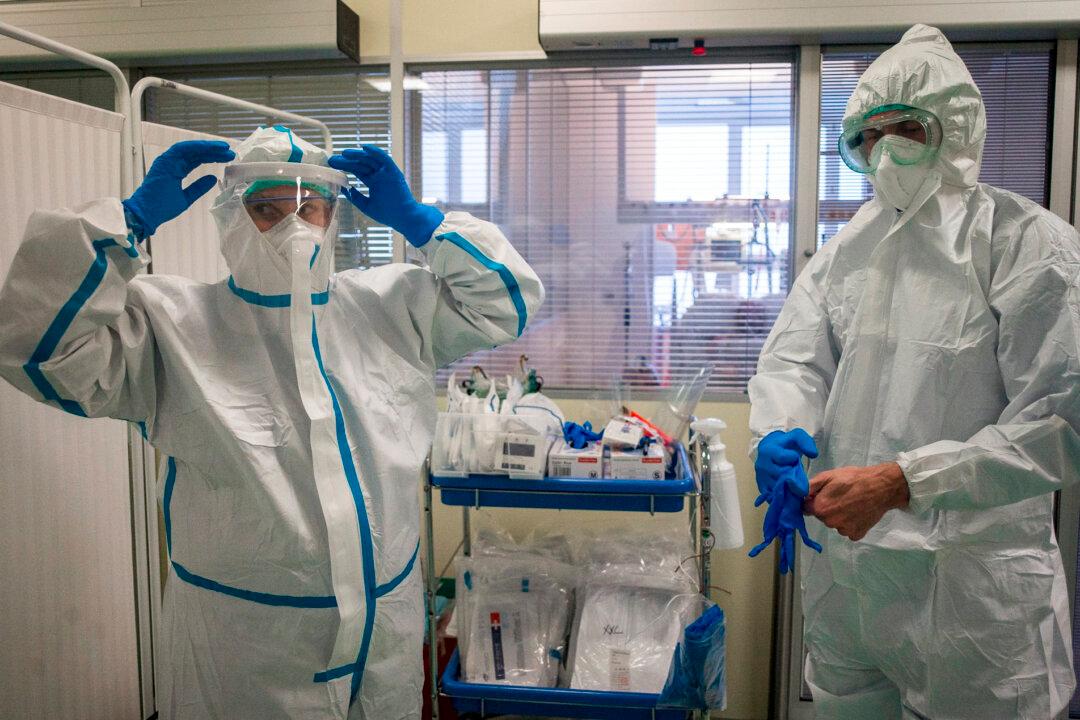The East African nation of Burundi has seen a surge in monkeypox (mpox) infections, with children and adolescents accounting for a major share of those affected, according to UNICEF.
Children and vulnerable communities in Eastern and Southern Africa are facing the brunt of an “expanding outbreak” of mpox, with more than 200 cases reported across five African nations—Burundi, Rwanda, Uganda, Kenya, and South Africa, according to an Aug. 22 statement from UNICEF.





